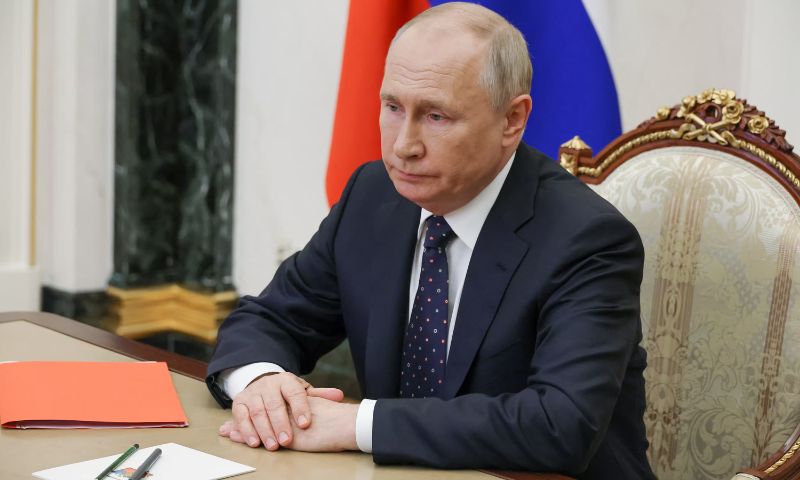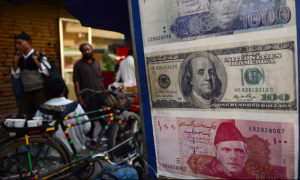MOSCOW: An unverified claim regarding Russian President Vladimir Putin’s health spread across the globe this week, highlighting the challenges of navigating misinformation on social media platforms like Telegram.
The allegation, suggesting Putin suffered a serious heart attack, originated from a single anonymous account on Telegram, named General SVR, which claims of having insider information from the Kremlin. However, the Kremlin swiftly dismissed the claim as a “hoax,” with spokesman Dmitry Peskov asserting that “everything is fine” with the Russian leader.
The dubious claim gained international traction when it was picked up by online and television news outlets in several countries, including Australia, the United Kingdom, and India. The news also spread widely on social media platforms. The source of these reports, the General SVR Telegram account, has a history of spreading unreliable information about Putin’s health, including previous claims that were proven false.
Falese Information About Putin’s Health
Experts and misinformation researchers have cautioned against relying on General SVR, emphasizing its lack of credibility and the absence of evidence to support its claims. Scott Radnitz, a professor of Russian and Eurasian Studies at the University of Washington, highlighted the account’s previous false claims about Putin.
Telegram, which has become increasingly popular in Russia amid restrictions on Western social media and unreliable state-controlled media, has become a hub for information about the ongoing conflict in Ukraine. However, the platform’s lightly moderated nature has also made it a breeding ground for misinformation.
While most Russians do not necessarily trust sensationalist channels like General SVR, experts have pointed out that such content can be a blind spot for outside observers, who may be swayed by the claims. Researchers have noted that the allure of secret, inside information could lead readers to overlook the lack of credibility behind such sources.

























